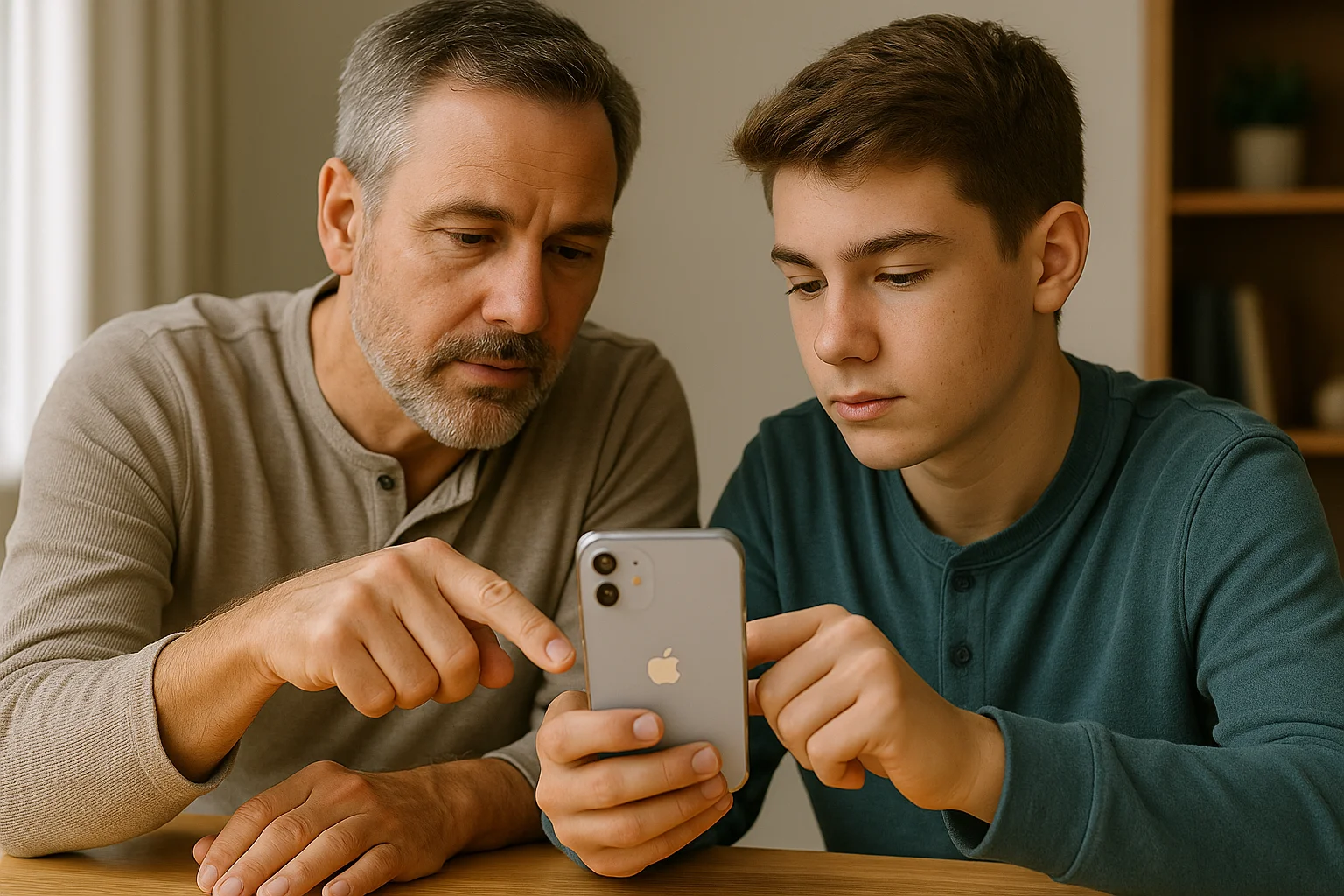Introduction
In today’s digital age, educational apps have become incredibly popular as they provide convenient and accessible ways to learn new skills, including language acquisition. With so many options available, it can be challenging to determine which app is the best fit for your learning needs. This article will compare three of the most popular language learning apps: Duolingo, Babbel, and Rosetta Stone.
Duolingo
Duolingo is a widely-used, free-to-use language learning platform that offers over 40 different languages to learn through gamification and bite-sized lessons. It’s known for its user-friendly interface, quick lesson format, and progress tracking features.
Pros:
- Completely free with an optional premium version to remove ads
- Bite-sized lessons that can be completed in just a few minutes per day
- Gamified learning experience with rewards and streaks to keep users motivated
- Covers all major aspects of language learning: reading, writing, listening, and speaking
- Offers a placement test to determine the user’s starting level
Cons:
- Lessons are quite short and may not be comprehensive enough for some learners
- Reading and writing focus more on recognition than production
- Speaking practice is limited to dictation exercises in the free version
- Some languages have more complete courses compared to others
Babbel
Babbel is another popular language learning app that offers 14 different languages through a subscription-based model. It’s known for its structured, grammar-focused lessons and realistic conversation practice.
Pros:
- Lessons are longer and more in-depth compared to Duolingo
- Strong focus on grammar explanations and exercises
- Offers realistic conversation simulations with native speakers’ voices
- Includes cultural information and tips throughout the course
- Provides speech recognition technology for pronunciation practice
Cons:
- Only offers a limited number of languages compared to Duolingo
- Requires a subscription, which can be more expensive than other options
- Lessons may not be as engaging or motivating as some other apps
- No free version available
Rosetta Stone
Rosetta Stone is a well-established language learning program that has been offering immersive language courses for over 25 years. It’s known for its focus on immersion, using images and speech recognition to teach languages without relying on translation.
Pros:
- Immersive approach teaches language through context and visual cues
- Strong emphasis on pronunciation practice with speech recognition technology
- Offers a wide range of languages, including some less commonly taught ones
- Includes cultural lessons and resources for each language
- Provides extensive speaking practice with native speakers in the Live Tutoring feature (available at an additional cost)
Cons:
- One of the most expensive options compared to other apps
- Immersion approach may be overwhelming or confusing for some learners
- Lessons are quite long and require a significant time commitment per session
- May not provide enough grammar explanations for those who prefer structured learning

Conclusion
Each language learning app offers unique features and approaches to language acquisition. Duolingo is an excellent choice for beginners looking for a free, gamified experience with quick lessons. Babbel is ideal for learners who want more in-depth grammar instruction and realistic conversation practice. Rosetta Stone is suited for those seeking an immersive learning experience focused on pronunciation and cultural understanding.
Ultimately, the best language learning app depends on your personal preferences, learning style, budget, and specific goals. It’s recommended to try out a few options to determine which one works best for you. Regardless of the platform chosen, consistent practice and dedication are key to successful language acquisition.





